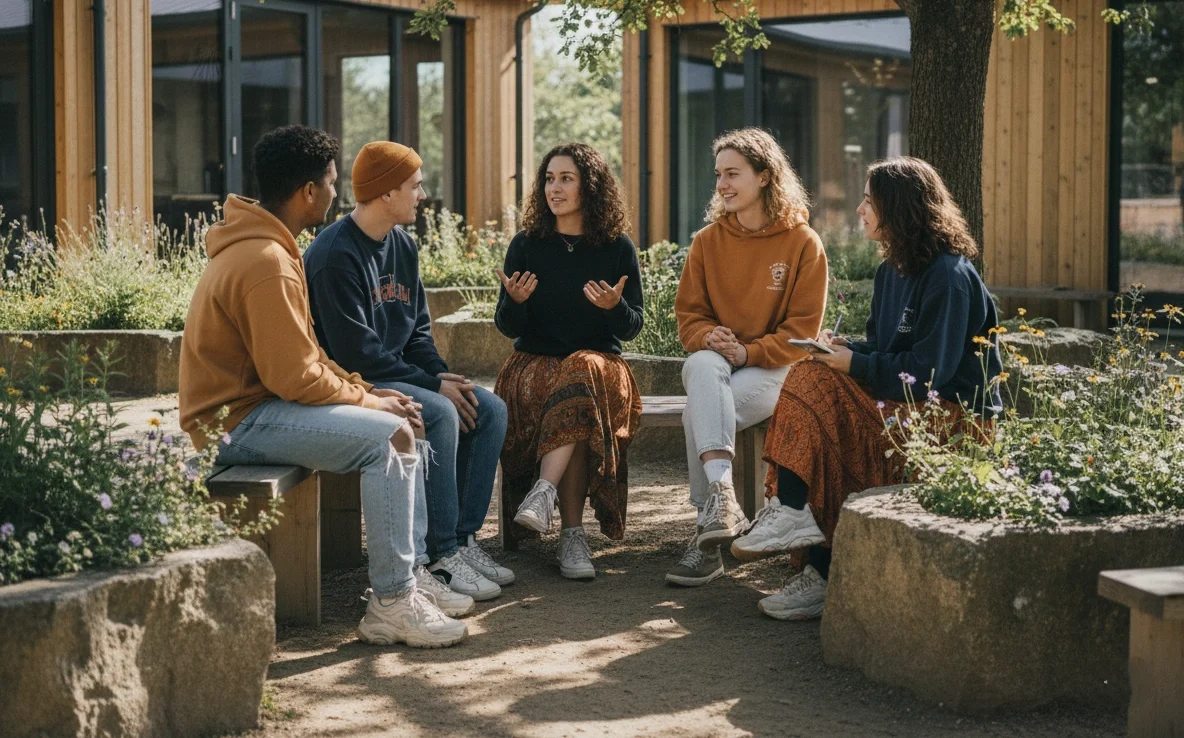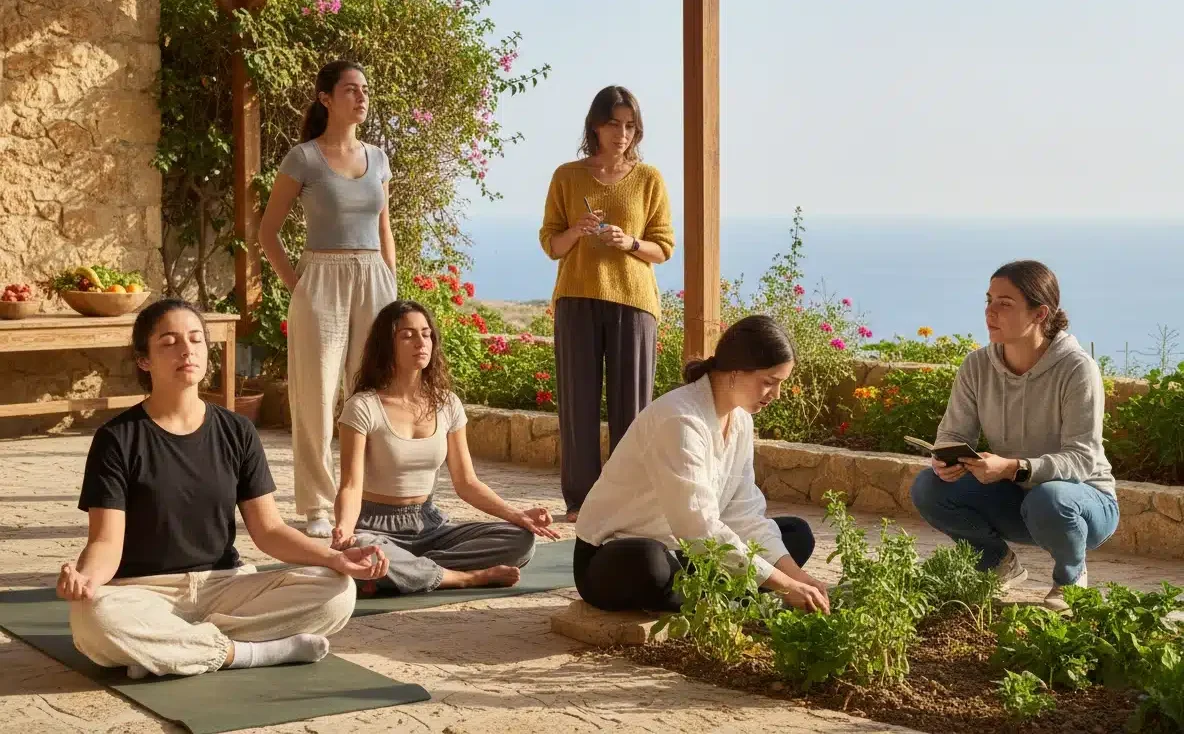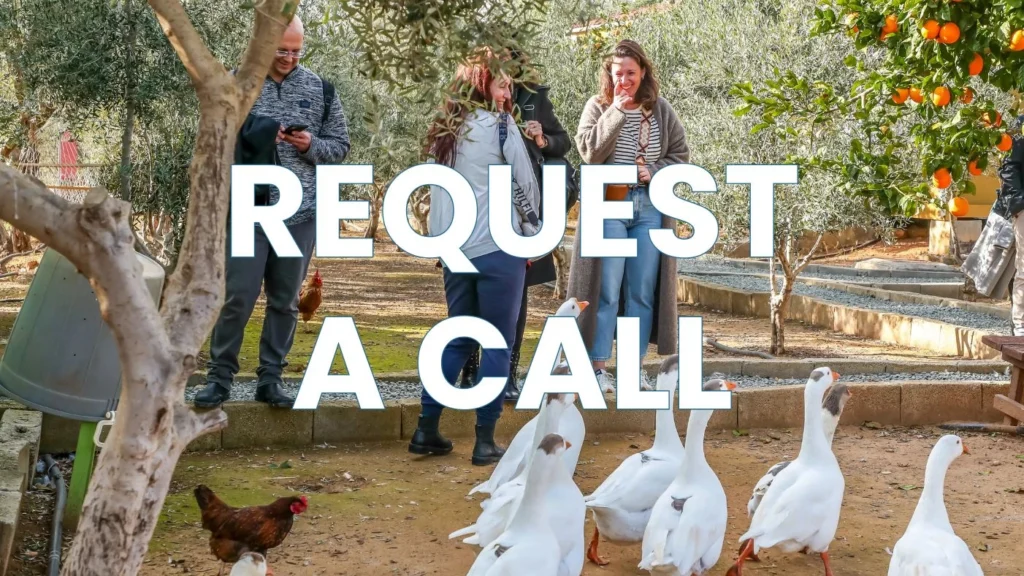Overcoming Stigma: Changing the Conversation Around Youth Addiction
05 min read

Introduction: The Silent Weight of Stigma
Addiction is not a moral failing—it’s a complex health condition that can affect anyone. Yet for many young adults, the greatest barrier to recovery is not the addiction itself but the stigma surrounding it.
Stigma can lead to shame, isolation, and a reluctance to seek help. It can distort how families, peers, and even healthcare providers view those struggling with addiction. At Holina Village in Cyprus, breaking down these harmful stereotypes is part of the mission, fostering a culture of understanding, education, and empowerment.

What Is Stigma and How Does It Impact Recovery?
Public Misconceptions
Many people wrongly believe addiction is solely a matter of willpower, ignoring the biological, psychological, and social factors involved.
Self-Stigma
Young adults often internalize negative stereotypes, feeling undeserving of help or incapable of change.
Institutional Stigma
Biases in education, employment, and healthcare can limit opportunities and reinforce cycles of disadvantage.
Why Youth Addiction Is Often Misunderstood
The Myth of “Just a Phase”
Substance use in young people is sometimes dismissed as experimentation, delaying intervention until the problem becomes severe.
Overlooking Mental Health Links
Addiction often coexists with anxiety, depression, or trauma, yet many assume substance use is the only problem.
Stereotyping Risk Groups
Focusing on certain “types” of young people who are “more likely” to struggle with addiction ignores the fact that it can affect any demographic.
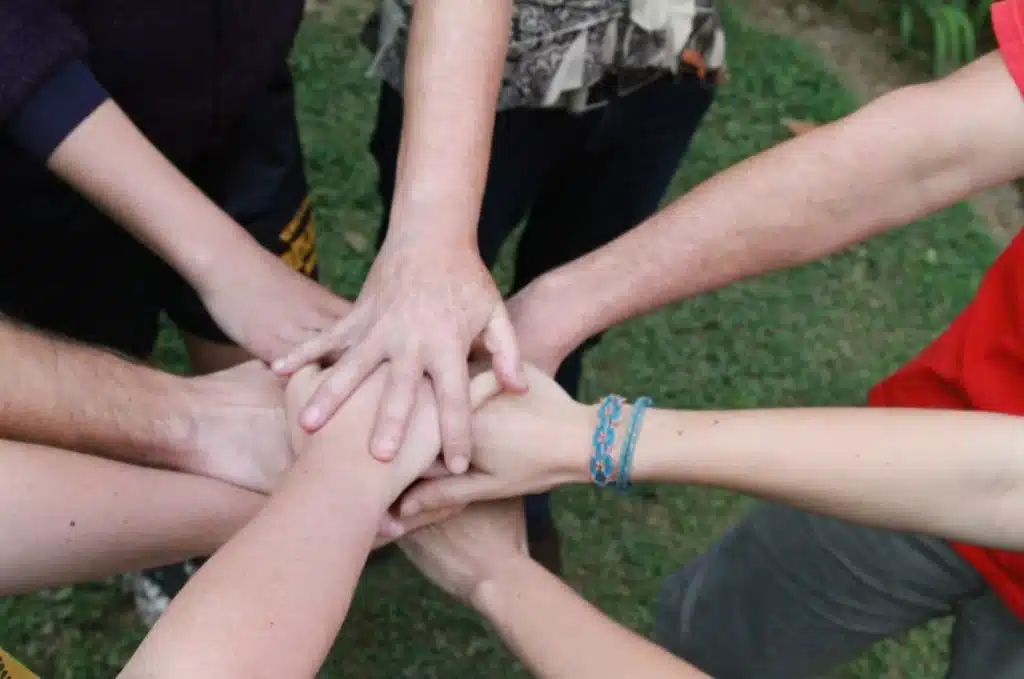
Changing the Conversation at Holina Village
Education and Awareness
Through community outreach and family engagement, Holina helps people understand the science behind addiction and recovery.
Language Matters
Staff use non-judgmental, person-first language (“a young person in recovery” instead of “addict”) to foster respect and dignity.
Celebrating Recovery
Success stories are shared to highlight that recovery is possible, replacing hopelessness with optimism.
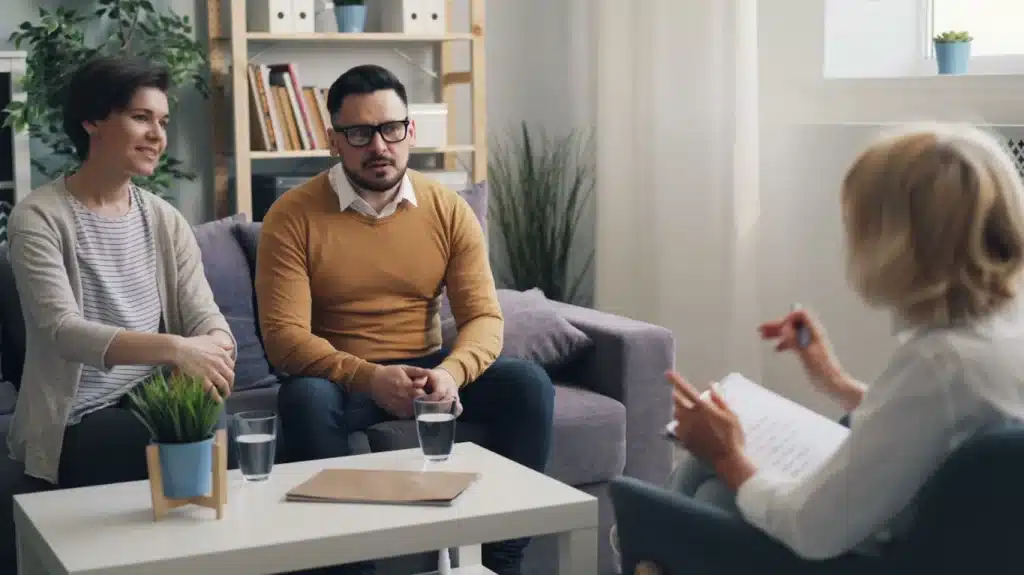
The Role of Families and Communities
Family Education Programs
Families learn how to support recovery without judgment, creating a safe space for open dialogue.
Community Involvement
Local and international networks help spread positive messages and challenge harmful beliefs about youth addiction.
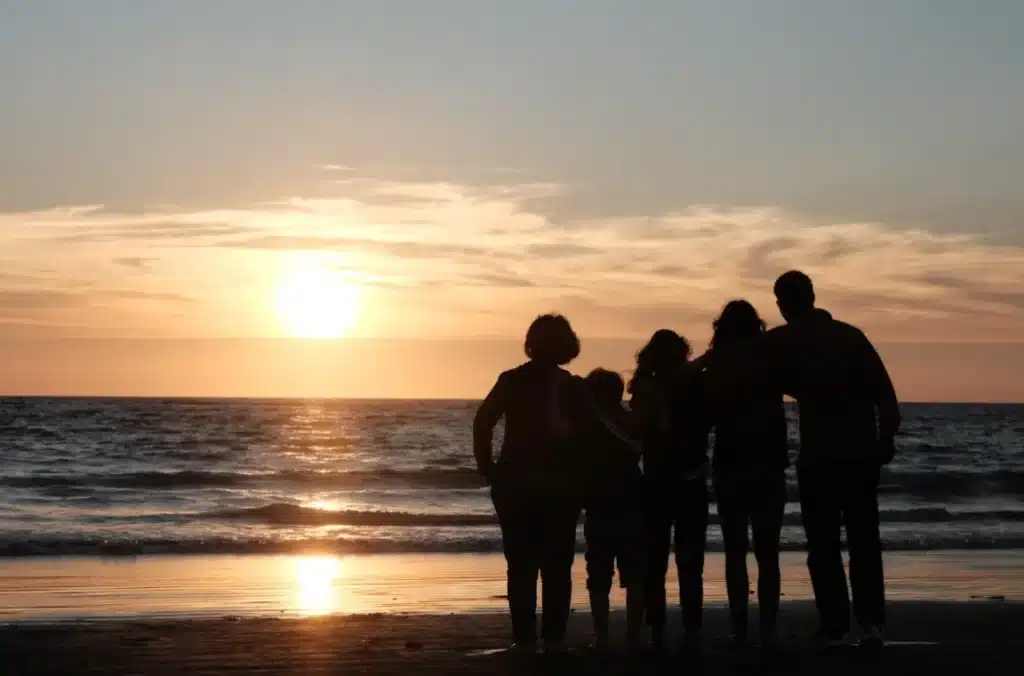
How Breaking Stigma Improves Recovery Outcomes
When stigma is reduced, young adults are more likely to:
Seek help earlier
Fully engage in treatment
Maintain motivation in recovery
Build supportive networks for long-term success
Moving Toward a Compassion-First Approach
Addiction is a health issue that deserves the same empathy, resources, and respect as any other medical condition. Changing the conversation around youth addiction benefits not only those directly affected but also society as a whole.
Conclusion: Replacing Judgment with Understanding
The fight against addiction isn’t only about treatment—it’s about dismantling the barriers that keep people from seeking it in the first place. At Holina Village in Cyprus, breaking stigma is part of the healing process, empowering young adults to reclaim their identities and futures.
📞 Contact Holina Village: +66 (0) 626 418 369
🌐 Learn more: holinacyprus.com
Frequently Asked Questions (FAQs)
1. What is addiction stigma?
It’s the negative judgment or discrimination directed at people struggling with substance use disorders.
2. How does stigma affect young people differently?
Younger individuals may face added judgment from peers, educators, and employers, impacting self-esteem and opportunities.
3. Can education reduce stigma?
Yes. Learning about the medical and psychological aspects of addiction helps people replace judgment with understanding.
4. Does Holina Village address stigma in its programs?
Yes. Staff actively promote non-judgmental communication, family education, and awareness initiatives.
5. How can I help reduce stigma in my community?
Use respectful language, challenge stereotypes, and share accurate information about addiction and recovery.
6. Is overcoming stigma part of recovery?
Yes. Reducing stigma helps young people feel supported, improving their willingness to seek and stay in treatment.

